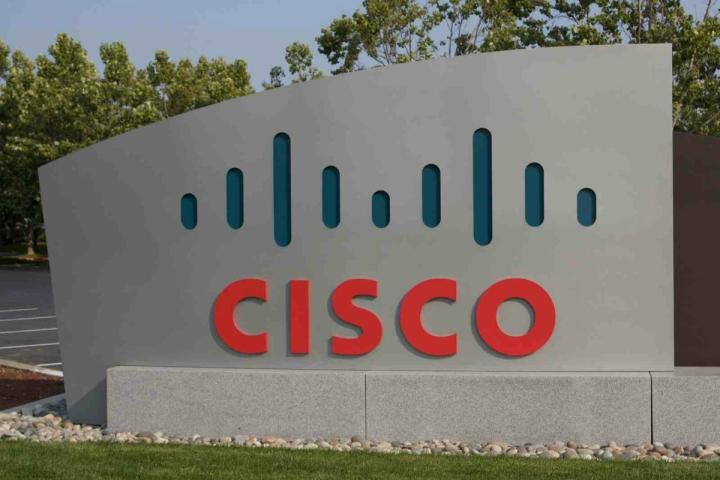
The news was announced on Wednesday as Cisco CEO John Chambers discussed the company’s situation with analysts in a conference call. Predicting moderate financial results for the current quarter, Chambers said difficult decisions had to be made in order for the San Jose-based company to remain competitive.
“The market doesn’t wait for anyone. We are going to lead it, period,” Chambers told analysts during the call, adding, “The ability to do that requires some tough decisions. We will manage our costs aggressively and drive efficiencies.”
A Reuters report said the CEO blamed the impending job losses on an unpredictable world market, especially in emerging locations such as China and Brazil where Cisco has suffered a drop in sales of its routers, switches and other computer equipment as competitors ramp up the pressure.
Chambers told analysts that as things stand, it could be “several quarters” before Cisco sees growth return to emerging markets, adding, somewhat ominously, that the situation “could get worse.”
The latest round of layoffs follows 15,000 job losses at Cisco over the last three years. The company’s global workforce currently stands at 73,000, according to the company’s official figures.
Related: Microsoft to cut workforce by 18,000
News of Cisco’s planned job cuts comes a month after another big hitter in the tech industry announced plans for 18,000 layoffs over the next 12 months. Microsoft CEO Satya Nadella, who moved into the top job in February 2014, said the cuts were as part of an effort to “simplify organization” in the company as it shifts its focus to mobile products, the cloud, and productivity software.
The computer company’s major restructuring move comes as it presses ahead with the full integration of Nokia, the Finnish mobile company it acquired for $7.2 billion in September last year.
[Image: images.china.cn]


